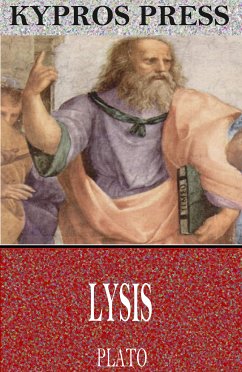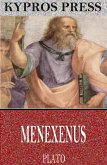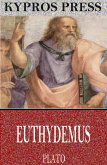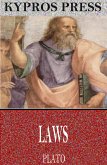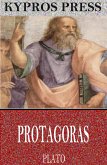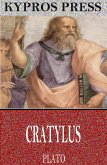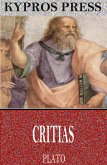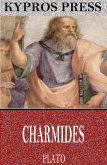Plato, along with his teacher Socrates and student Aristotle, is one of the most famous and influential philosophers in history. Plato founded the Academy in Athens which greatly helped develop philosophy and he was also instrumental in the development of Western religion and spirituality. This edition of Lysis includes a table of contents.
Dieser Download kann aus rechtlichen Gründen nur mit Rechnungsadresse in A, B, BG, CY, CZ, D, DK, EW, E, FIN, F, GR, H, IRL, I, LT, L, LR, M, NL, PL, P, R, S, SLO, SK ausgeliefert werden.
Hinweis: Dieser Artikel kann nur an eine deutsche Lieferadresse ausgeliefert werden.

